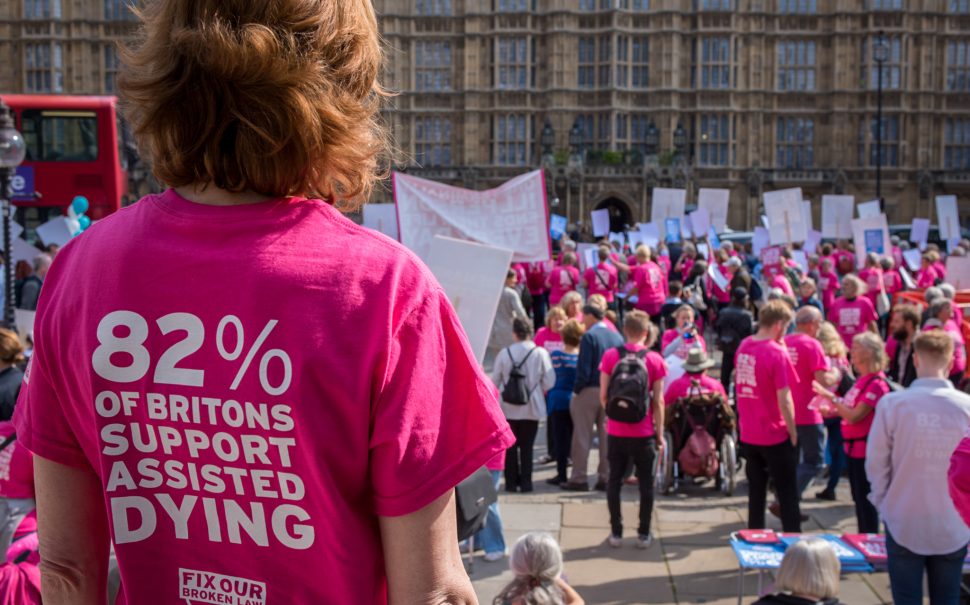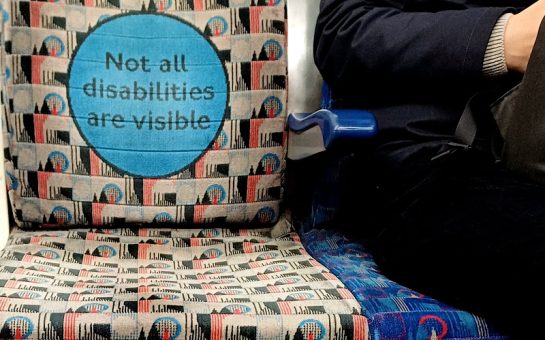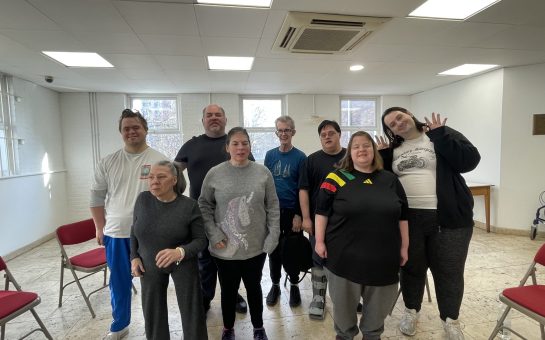A landmark bill offering terminally ill adults the option of assisted death under strict safeguards will be debated by MPs on Friday.
Introduced by Spen Valley MP Kim Leadbeater earlier this month, the Private Member’s Bill is being described by supporters as the strongest assisted dying legislation MPs have ever considered.
If passed, the proposed law would apply exclusively to mentally competent adults with a terminal illness and a life expectancy of six months or less, incorporating stringent protections to safeguard patients and prevent abuse.
Sarah Wootton, chief executive of the campaign group Dignity in Dying, said: “This is the strongest proposal Parliament has ever considered on improving choice and protections for dying people.
“This will bring choice to those who want and need it as they die, but also introduce regulation and scrutiny where there is currently none.”
Safeguards and oversight
Supporters claim the bill introduces rigorous safeguards at every stage of the process:
- Verification: Two independent doctors must confirm the patient meets strict criteria and has made an informed, voluntary decision free from coercion.
- Capacity checks: If doubts arise about the patient’s mental capacity, a specialist must be consulted.
- Judicial oversight: A High Court judge would review each case to ensure compliance.
- Reflection period: Patients must undergo a mandatory reflection period before proceeding.
- Self-administration: Patients must self-administer the medication under the supervision of a trained medical professional.
- Conscientious objection: Healthcare providers can opt out, respecting personal beliefs.
Tackling a broken system
Supporters argue that the current system leaves hundreds of terminally ill people in the UK to die without regulation or support, with dozens more travelling abroad each year for assisted dying services at significant financial and emotional cost.
The proposed legislation draws on international models from countries like Australia, New Zealand, and parts of the USA, where assisted dying has been implemented safely without expanding eligibility criteria.
A new dawn or a slippery slope?
Despite polls showing three-quarters of Britons support assisted dying, the bill faces opposition.
Some critics argue that the bill risks opening the door to misinterpretation and potential misuse, raising concerns about the pressure it might place on vulnerable individuals and the gradual erosion of safeguards over time.
Writing in The Guardian, former prime minister Gordon Brown reflected on personal experiences, including the loss of his infant daughter, Jennifer, to a terminal illness.
He said: “An assisted dying law, however well intended, would alter society’s attitude towards elderly, seriously ill and disabled people, even if only subliminally.
“I also fear the caring professions would lose something irreplaceable – their position as exclusively caregivers.
“Add to that the slippery slope with lawmakers, undoubtedly out of compassion, finding the erosion of safeguards and the extension of eligibility hard to resist.”
Instead, Brown advocates for prioritising improved palliative care to ensure dignity and pain relief, cautioning against rushing into legislation with profound societal consequences.
Next steps
If MPs vote in favour at the bill’s second reading on 29 November, it will move to the committee stage for detailed scrutiny, with further debates across both Houses of Parliament expected in 2025.
Advocates hope it will align the UK with jurisdictions which have modernised their approach to end-of-life care.
Wootton said: “This is a critical opportunity for Parliament to act.
“By supporting this bill, MPs can create a compassionate and safe framework for dying people and their families, ending years of unnecessary suffering.”
Featured image credit: Lorentz Gullachsen (photographer) and Dignity in Dying (client) obtained under a creative commons licence via Flickr. Image edited to increase brightness and colour.





